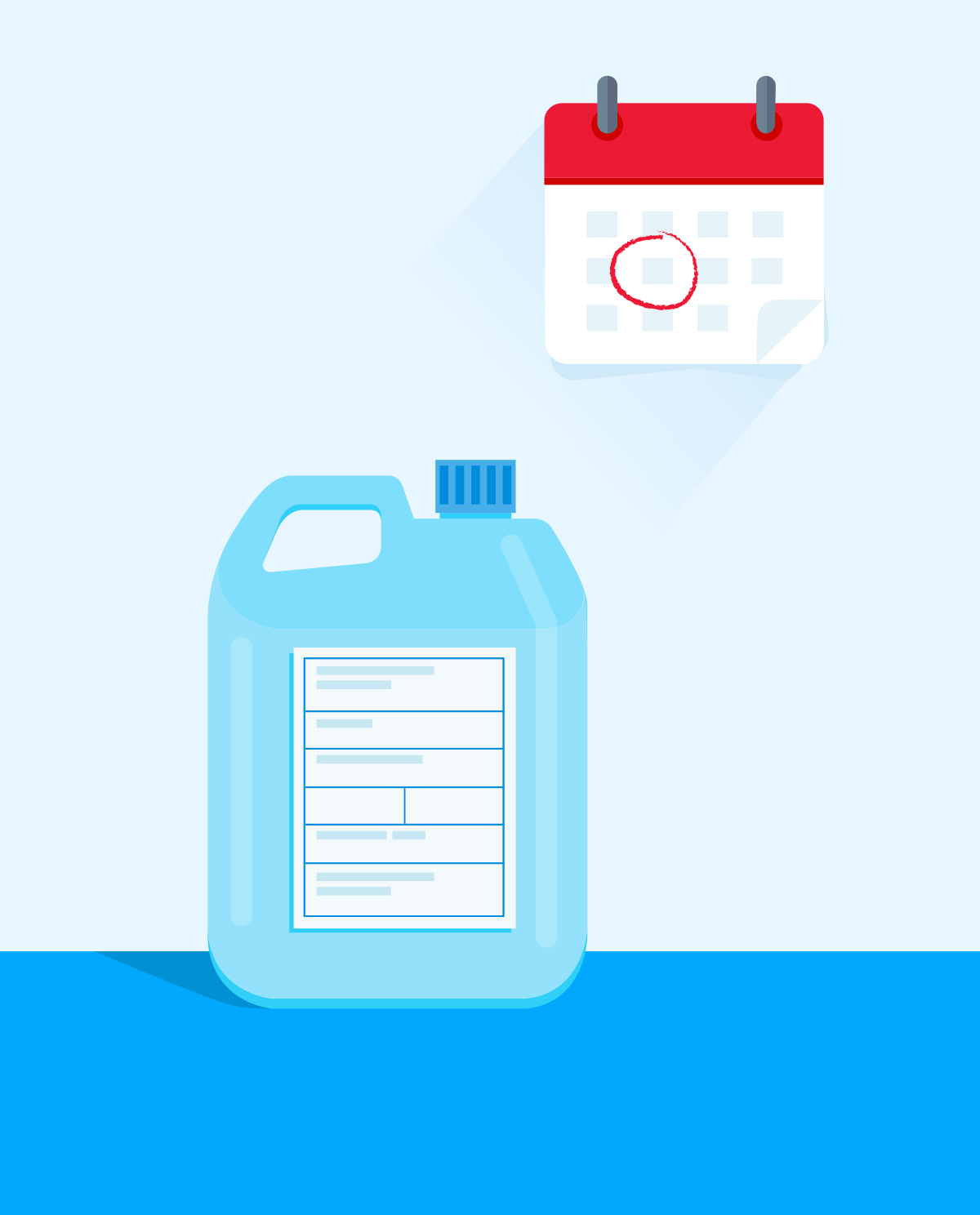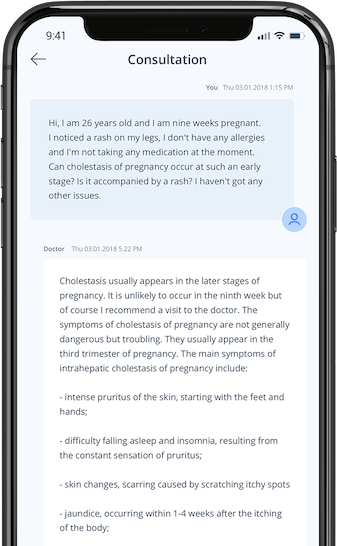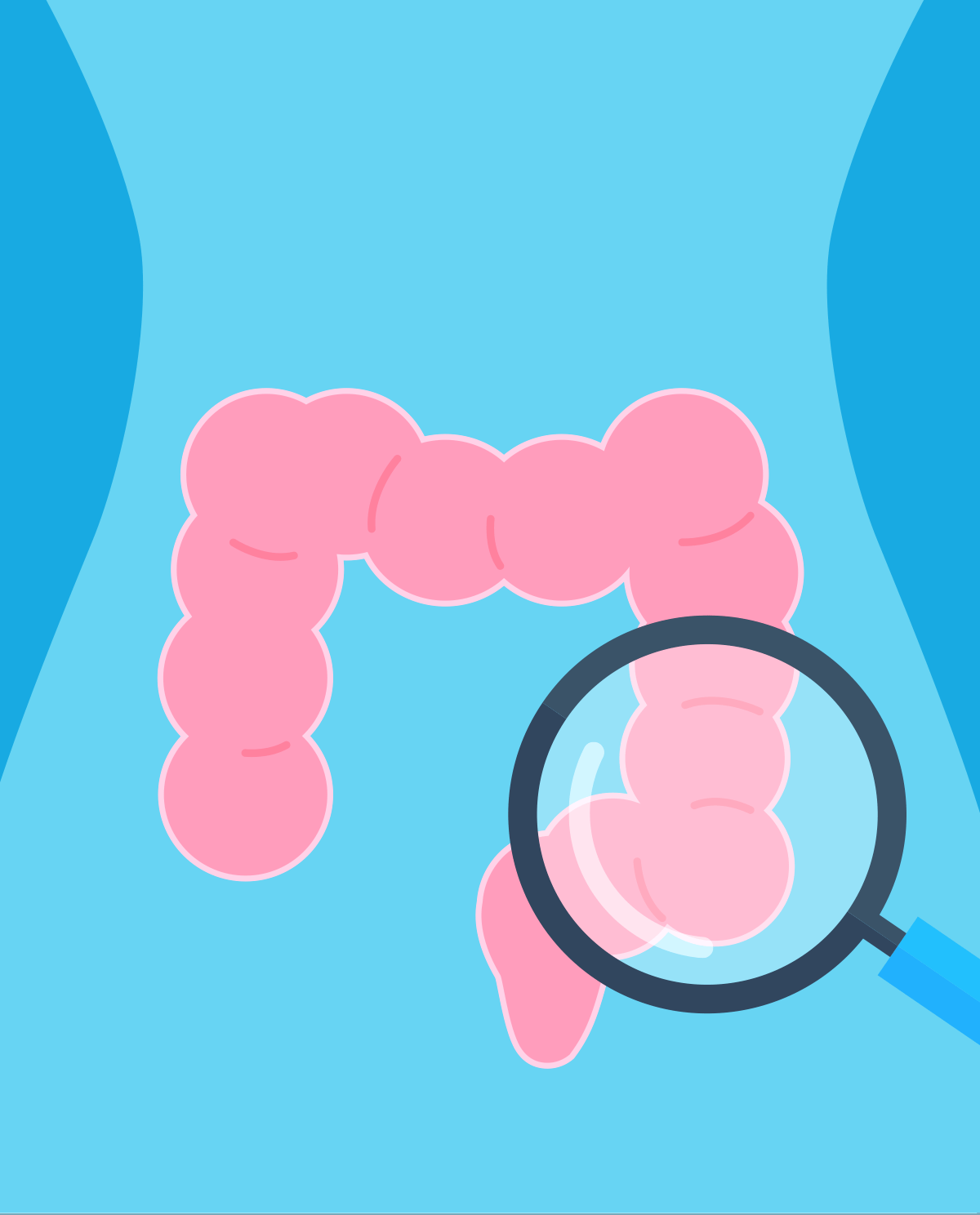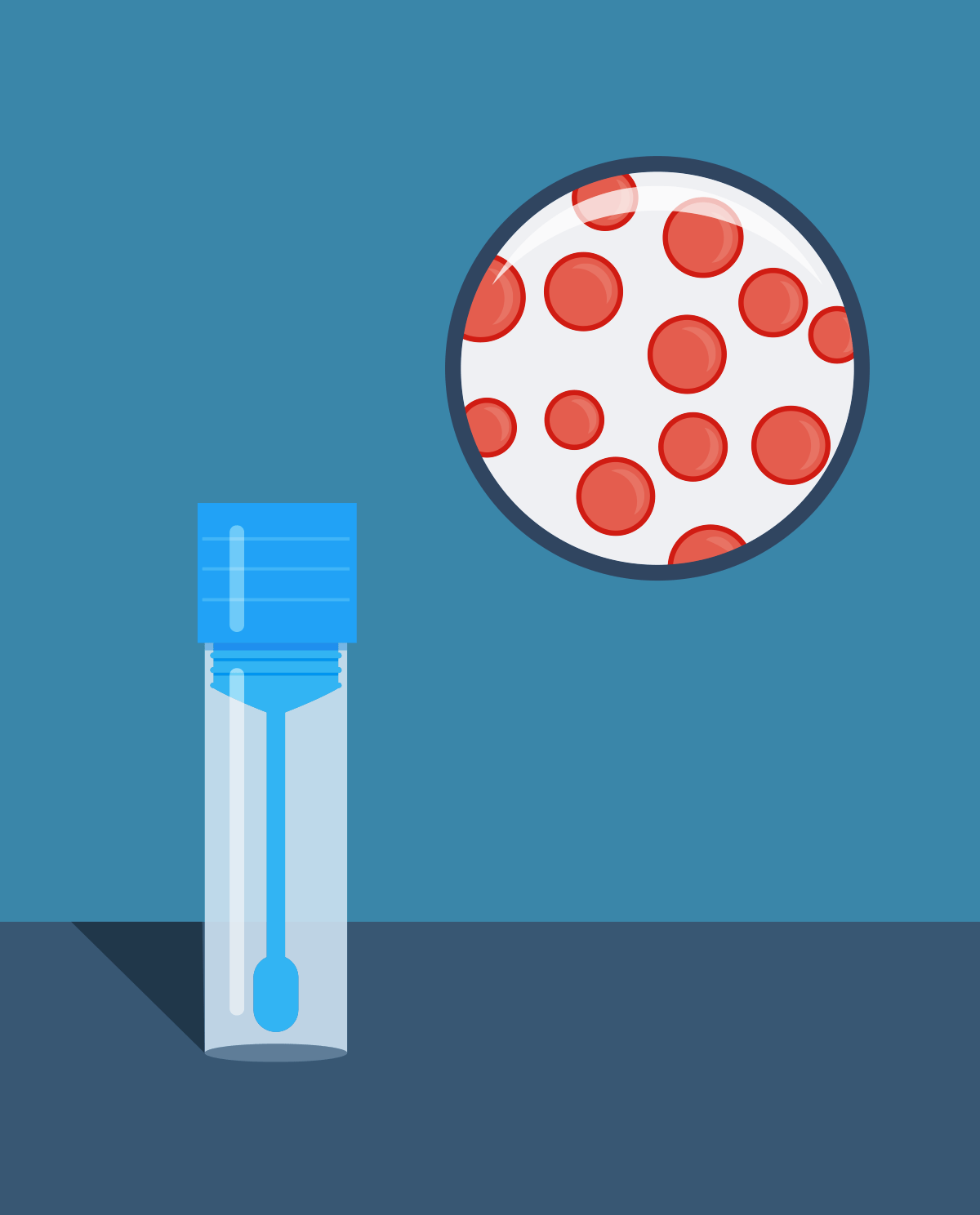- 1. Purchase a special 2-3 liter graduated container and a disposable urine container
- 2. Is a preservative needed?
- 3. Do not perform an examination during menstrual bleeding or up to 3 days after it finishes
- 4. Avoiding severe stress and intense exercise on the day before and on the day of the examination
- 5. Avoid eating certain foods and fluids on the day before and on the day of the examination
- 6. The collection should be started in the morning and carried out for 24 hours
- 7. The first morning portion of urine should be taken as soon as you wake up
- 8. Missing a portion of urine
- 9. Urine should be kept in a refrigerator at 2-4 °C
- 10. Prepare the sample and deliver it as soon as possible to the laboratory
How do you prepare for the test and how do you get the most reliable results?
What factors can affect the accuracy of the 24-hour urine collection?
1. Purchase a special 2-3 liter graduated container and a disposable urine container
A 24-hour urine collection test requires that you collect the entire amount of urine given within 24 hours. Therefore, before collecting urine, a special 2-3 liter graduated container should be purchased to read the volume accurately. In addition, a disposable container with a cap will be needed in which a collection sample from the collection will be sent to the collection point. Containers do not have to be sterile.
2. Is a preservative needed?
Some parameters determined in the daily collection of urine require the use of a preservative so that they do not break down. Before you start to collect urine you should get the information from a doctor or staff at the point of collection as to whether or not this measure is necessary and whether it can be obtained at the point of collection or pharmacy.
3. Do not perform an examination during menstrual bleeding or up to 3 days after it finishes
Collection of urine during menses would lead to contamination of the sample with blood.
4. Avoiding severe stress and intense exercise on the day before and on the day of the examination
Stress and intense physical exercise lead to an increase in the concentration of catecholamines metabolites, which may lead to false results such as the pheochromocytoma of the adrenal glands.
5. Avoid eating certain foods and fluids on the day before and on the day of the examination
During the study day, avoid eating foods and liquids as: coffee, tea, alcohol, cocoa, bananas, citrus or vanilla because they can lead to proteinuria or increase in uric acid.
6. The collection should be started in the morning and carried out for 24 hours
Please note the start and end times of the collection. For example, if the collection started at 7AM on Monday, it must end at 7am on Tuesday.
7. The first morning portion of urine should be taken as soon as you wake up
The collection begins in the morning, with the first portion of urine, given immediately after a night’s sleep. Each part of the urine should be transferred to the previously prepared container. The last portion we collect is the first portion of urine given up the next morning.
8. Missing a portion of urine
If one of the urine portions is missing, the collection should be stopped and restarted the next day and the previous urine collected should be discarded.
9. Urine should be kept in a refrigerator at 2-4 °C
The storage of urine at low temperatures is primarily aimed at preventing the growth of bacteria.
10. Prepare the sample and deliver it as soon as possible to the laboratory
After the collection is completed, urine must be thoroughly mixed and its volume measured. Next, take 50-100 ml of urine and put it into a disposable container. Make sure to include information on the start and end times of the collection and the total volume collected during the day. The container with a description should be immediately delivered to the laboratory.








